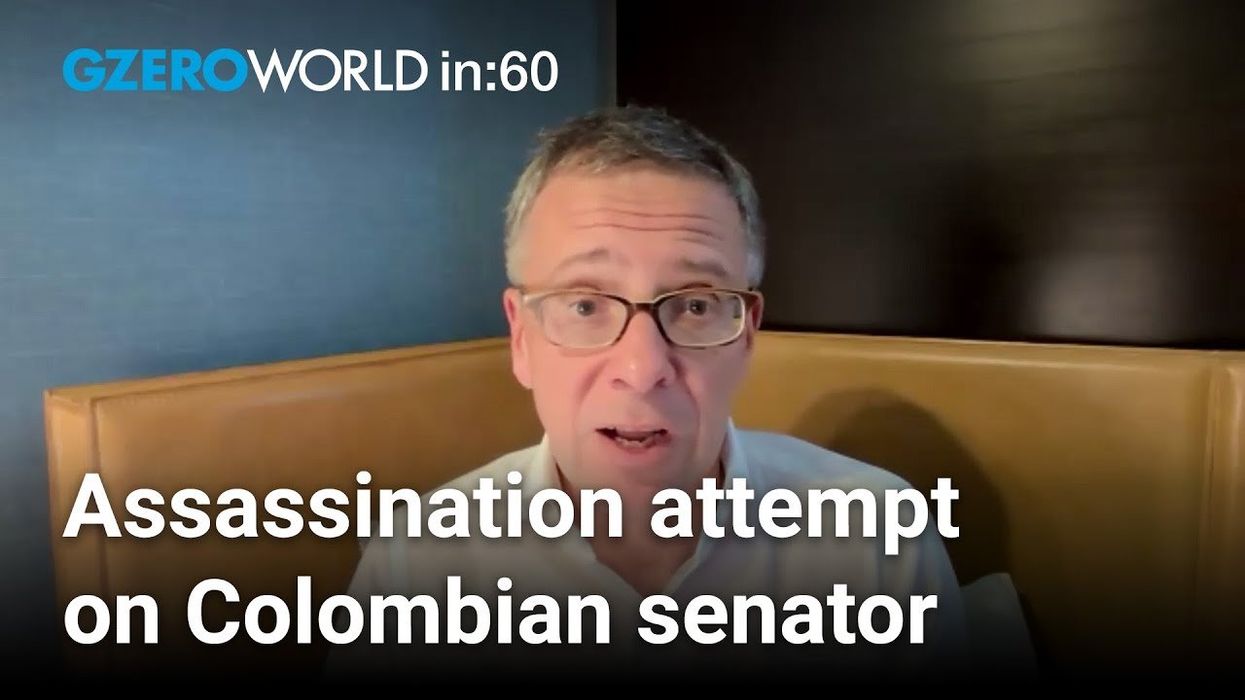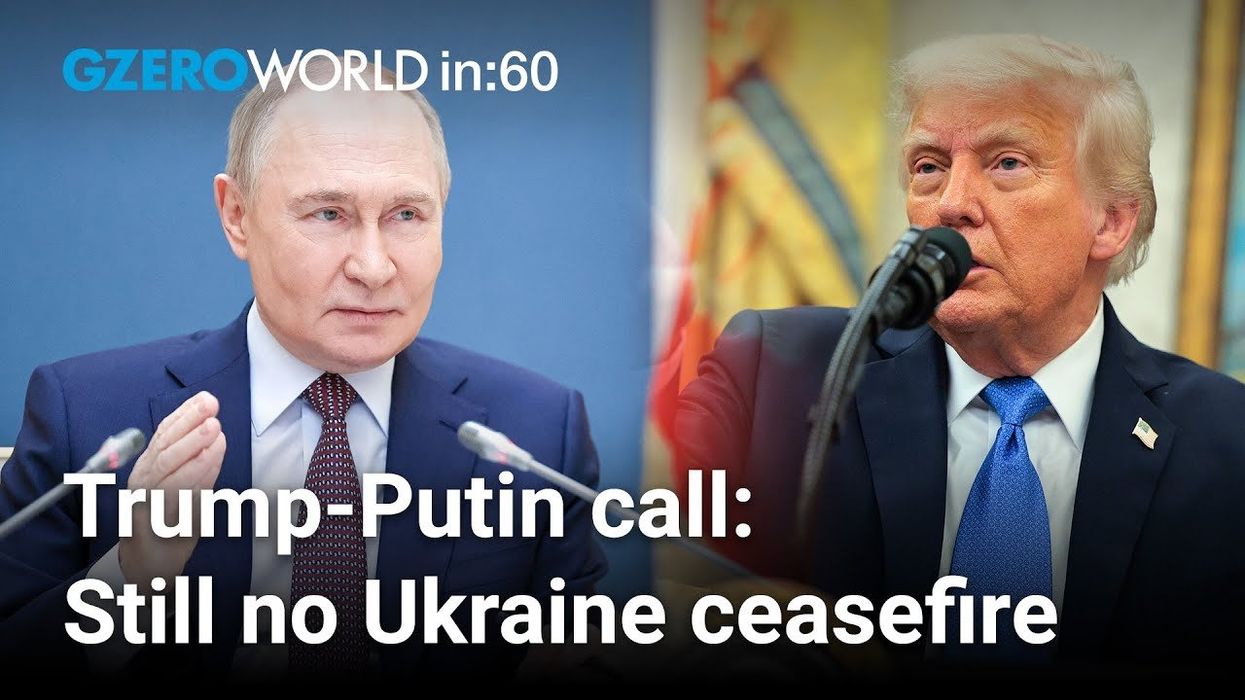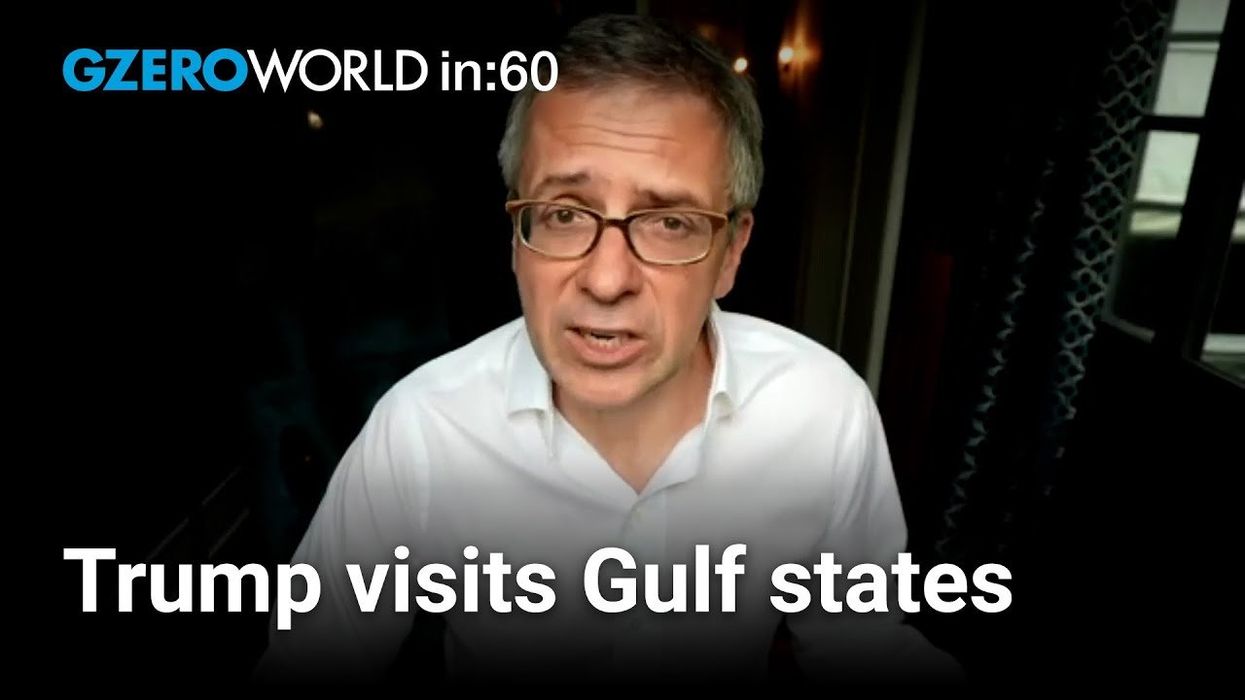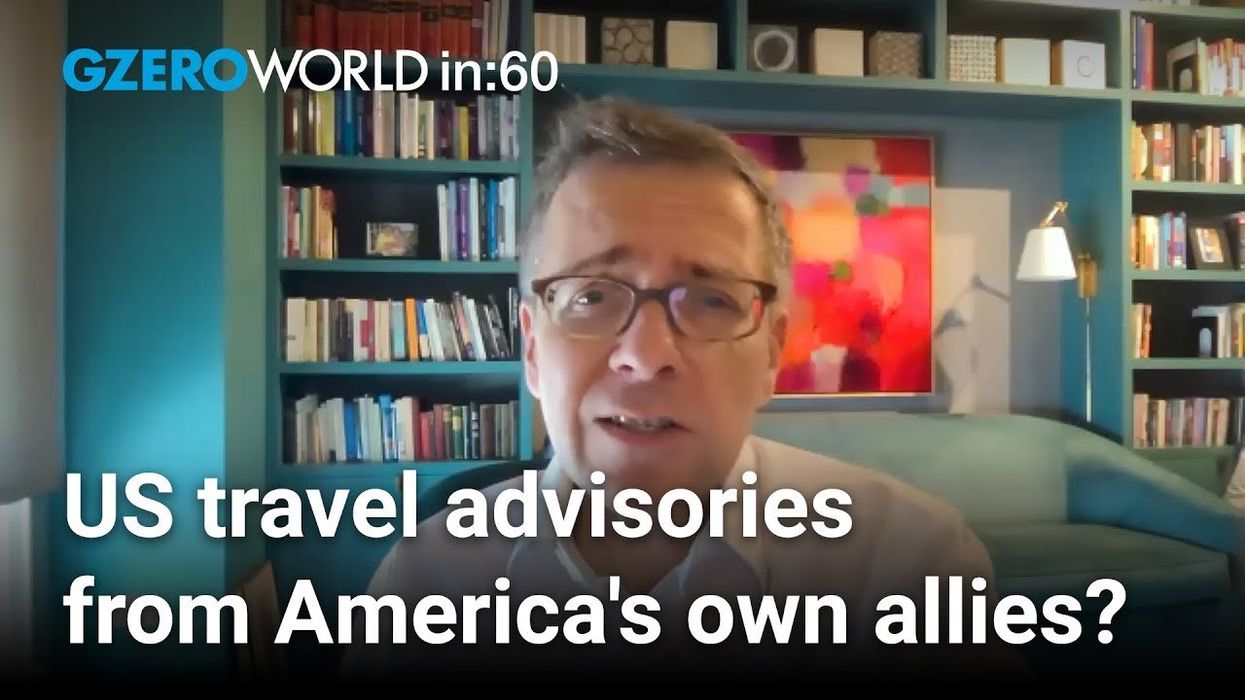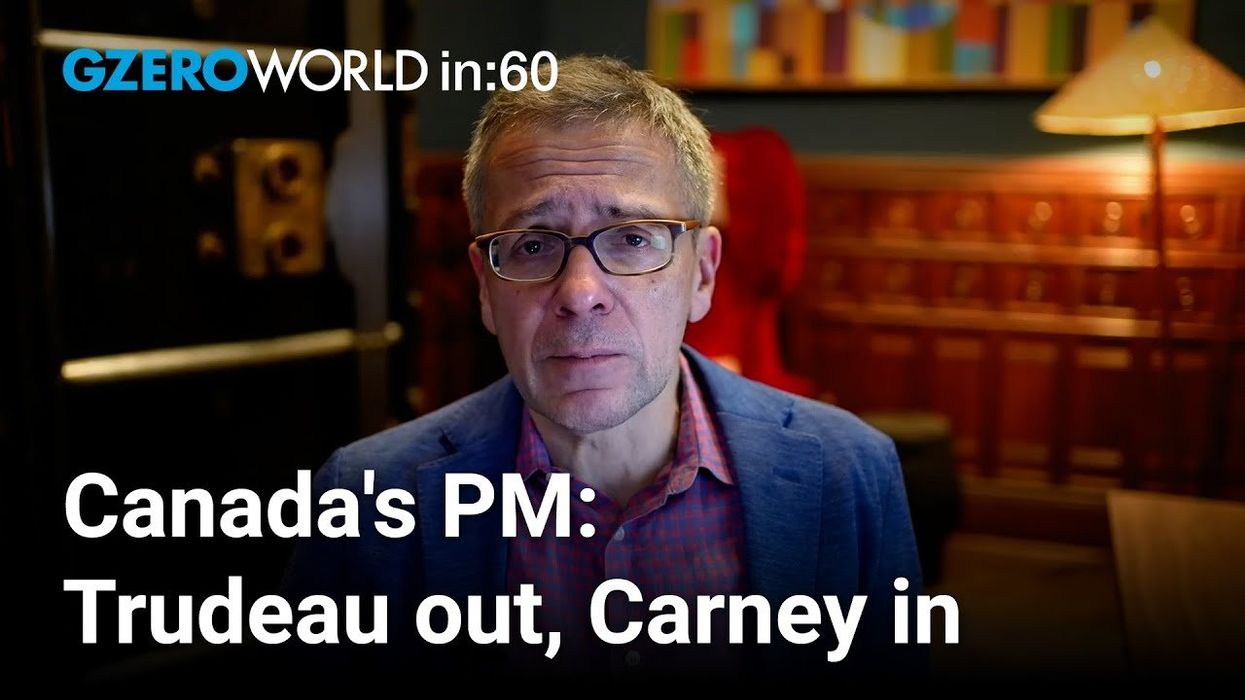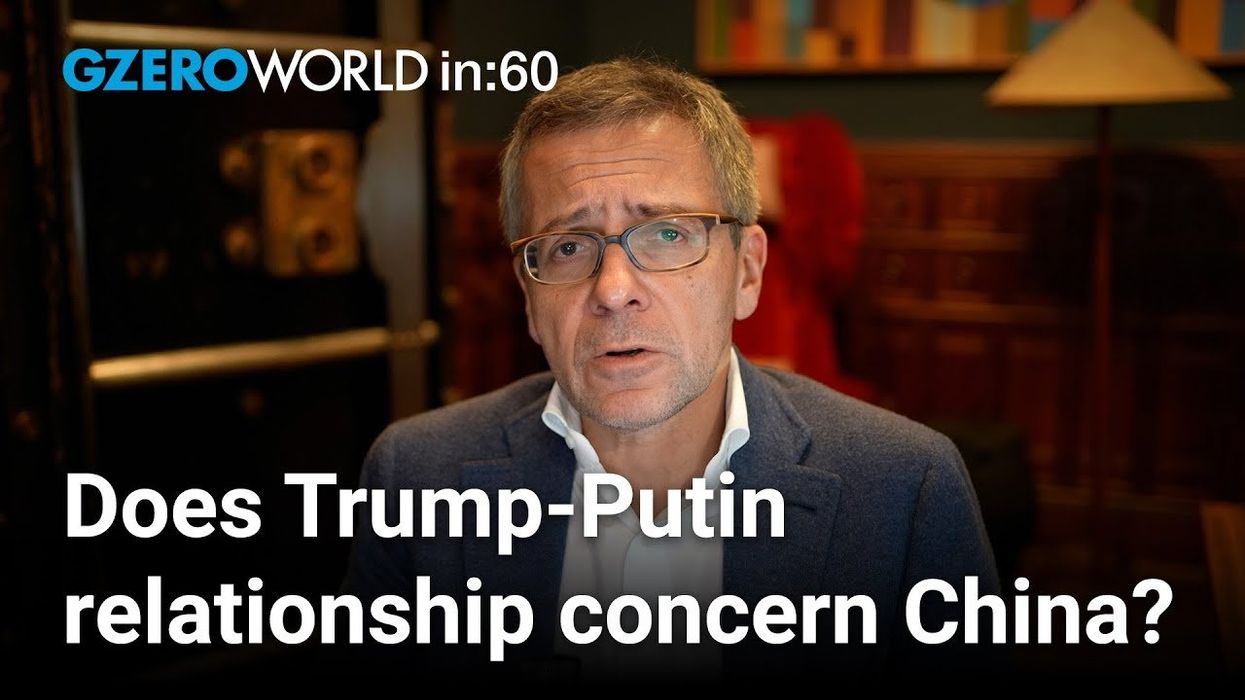ask ian
Assassination attempt shakes Colombia's political landscape
On Ian Bremmer’s World In 60 Seconds: Ian breaks down the assassination attempt on Colombia's presidential candidate, the US-China trade talks, and Canada plans to hit NATO's 2% defense target seven years early.
Jun 10, 2025
